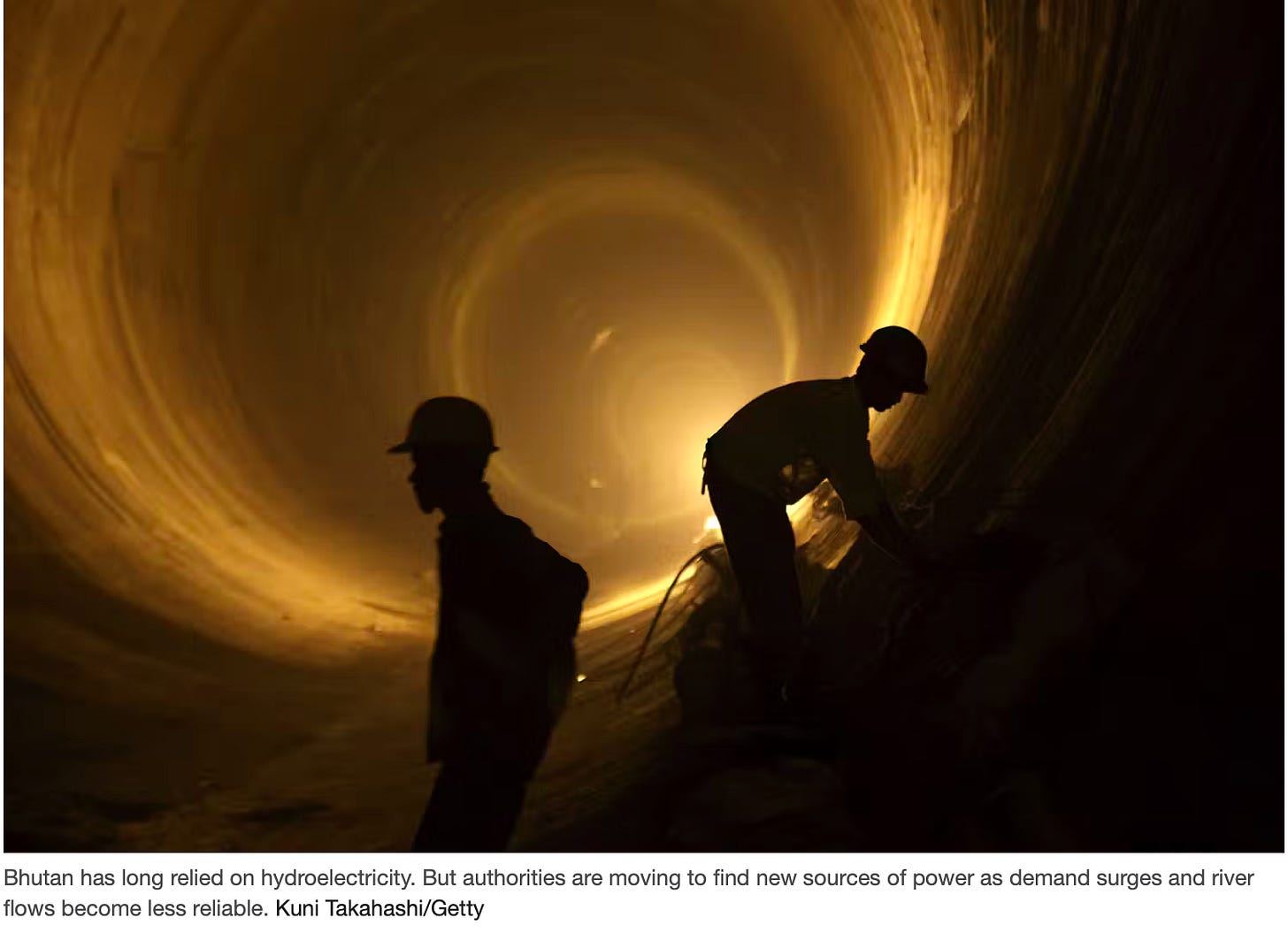client factors, difficult clients - in therapy ... and life?
Michael Lambert and then Bruce Wampold drew our attention to the important contribution of client factors. Lambert discovered that they contributed 40%, Wampold 87%, leading us to explore how we could utilise these by looking at spontaneous changes and how we can learn from these, what works for them in other parts of their life that could be utilised in their problem.
A 14yo boy wanted help with his alopecia [bald patches on his scalp]. He had seen skin specialists without benefit. He was an excellent golfer and said that before he hit off, he imagined the golf ball going to where he wanted, and when he hit the ball, it followed the path that he had imagined. I asked him to imagine that his hair was growing, and just as happened on the golf course, his hair began to regrow.
Karl Thom reminded us that “Difficult clients were just doing what they are doing. we call them “difficult” because they are not doing what we think they should be doing”, and we can respond by emphasising our willingness to listen to each individual for who they are and what would be helpful to them - and not only clients …
I’m a tidy person. My wife is a messy person. I used to suffer her messiness and, how surprising, she was “difficult” in my attempts to “help” her. When I learnt to let go of some of my arrogance [I am right, she is wrong], I could listen to her preference that when things are “messy” she can easily find things; when they are “tidy” it’s difficult for her to find things.
“When I despair, I remember that all through history the way of truth and love have always won. There have been tyrants and murderers, and for a time, they can seem invincible, but in the end, they always fall. Think of it--always.” Mahatma Gandhi
“Don’t just stand there, do something” OR “Don’t just do something, stand there” ????
“Fighting for peace is like fucking for virginity”. Unknown.
I read recently about some small countries are making rapid changes towards climate friendly sources of electricity - solar, wind, batteries - not primarily out of a concern for the climate, but because the cost of coal, gas, and diesel fuel has become prohibitive. I also read that China, a major importer of Australian coal and iron ore, is catapulting towards a carbon neutral economy, so as a side effect, there will be a reduction of mining coal, iron ore, and gas extraction. This change will be a natural result, avoiding the tricky balancing act of government between the coal, iron ore, and gas lobby and the pull towards carbon neutrality. These changes don’t require massive conflicts - they can happen organically and peacefully - without government intervention.


